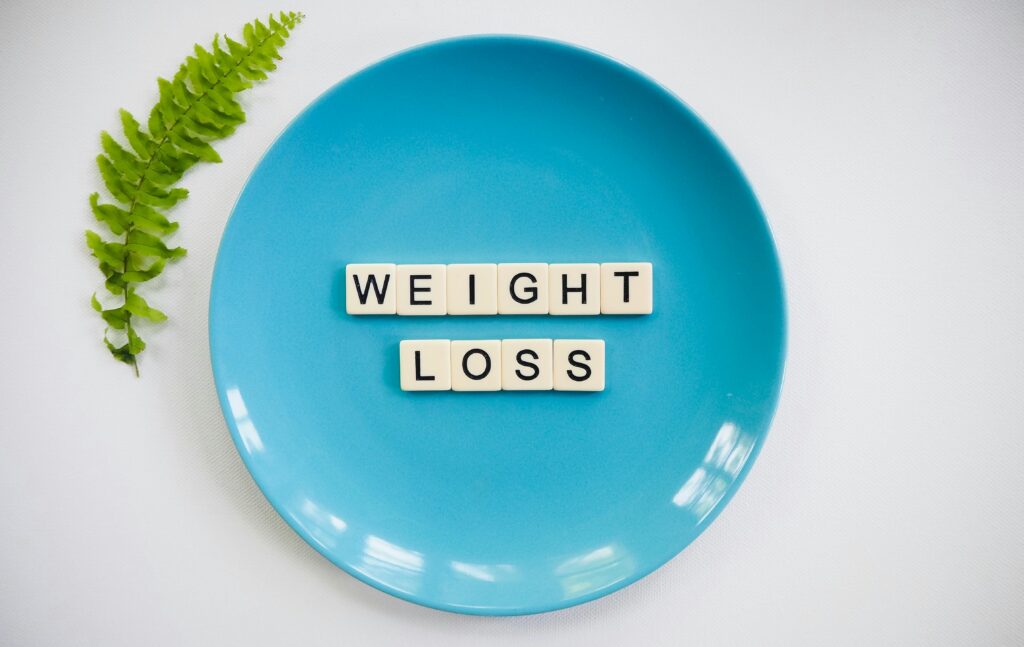
Breaking Through Plateaus: Tips for Continuous Weight Loss
Introduction
- Definition of a weight loss plateau: Explain that a weight loss plateau occurs when a person stops losing weight despite continued efforts to eat healthily and exercise regularly. It’s a common occurrence in weight loss journeys.
- Importance of overcoming plateaus for continuous progress: Emphasize the significance of breaking through plateaus to achieve long-term weight loss goals and maintain motivation.
Understanding Plateaus
- What causes weight loss plateaus?: Discuss factors such as metabolic adaptation, hormonal changes, and decreased calorie expenditure that can contribute to plateaus.
- Common misconceptions about plateaus: Address myths like “eating too little causes plateaus” or “exercise alone can overcome plateaus” to provide clarity.
Strategies for Breaking Through Plateaus
- Reevaluate calorie intake
- Calculate TDEE (Total Daily Energy Expenditure): Explain how to determine TDEE using online calculators or formulas.
- Adjust calorie intake accordingly: Recommend adjusting calorie intake based on TDEE to create a calorie deficit conducive to weight loss.
- Modify macronutrient ratios
- Emphasize protein intake: Highlight the importance of protein for satiety, muscle preservation, and metabolic rate.
- Adjust carbohydrate and fat ratios: Suggest experimenting with carb and fat ratios to find what works best for individual preferences and metabolism.
- Incorporate resistance training
- Benefits of strength training for weight loss: Explain how resistance training helps build muscle, boost metabolism, and improve body composition.
- Building muscle to boost metabolism: Discuss the concept of muscle mass increasing resting metabolic rate and aiding in weight loss.
Introduce variety in workouts
- Cross-training to prevent adaptation: Advocate for mixing up workouts to prevent the body from adapting and plateauing. High-intensity interval training (HIIT) for metabolic boost: Highlight the effectiveness of HIIT in burning calories and improving cardiovascular health. Below are some methods –
- Prioritize sleep and stress management
- Impact of sleep deprivation and stress on weight loss: Discuss how inadequate sleep and chronic stress can negatively affect metabolism and weight loss efforts.
- Strategies for improving sleep quality and managing stress: Offer tips such as establishing a bedtime routine, practicing relaxation techniques, and seeking support if needed.
- Stay hydrated and mindful of hydration levels
- Importance of hydration for metabolism: Explain how adequate hydration supports metabolic function and aids in weight loss.
- Tips for staying adequately hydrated: Recommend drinking water throughout the day, monitoring urine color, and consuming hydrating foods.
- Consider intermittent fasting
- Overview of intermittent fasting methods: Provide an overview of popular fasting protocols like 16/8, 5:2, or alternate-day fasting.
- Potential benefits for breaking through plateaus: Discuss how intermittent fasting can help regulate hormones, promote fat loss, and overcome weight loss plateaus.
Monitoring Progress and Adjustments
- Tracking food intake and physical activity: Encourage keeping a food diary and exercise log to monitor progress and identify areas for improvement.
- Regular reassessment of goals and strategies: Emphasize the importance of regularly reviewing goals and adjusting strategies based on progress and feedback.
- Seeking support from professionals if needed: Recommend consulting with a registered dietitian, personal trainer, or healthcare provider for personalized guidance and support.
Conclusion
- Recap of key strategies for overcoming weight loss plateaus: Summarize the main tips and techniques discussed throughout the outline.
- Encouragement for persistence and dedication to long-term goals: Motivate readers to stay committed to their weight loss journey despite challenges and setbacks.
- Emphasize the importance of patience and consistency: Remind individuals that breaking through plateaus takes time and effort, but with patience and consistency, progress is achievable.
Here are some frequently asked questions (FAQ) about breaking through weight loss plateaus:
- What is a weight loss plateau?
– A weight loss plateau occurs when someone stops losing weight despite continuing their diet and exercise efforts. It’s a common occurrence in weight loss journeys and can be frustrating for many individuals.
- Why do weight loss plateaus happen?
– Weight loss plateaus can happen due to various reasons, including metabolic adaptation, hormonal changes, decreased calorie expenditure as weight decreases, and adherence issues with diet and exercise routines.
- How long do weight loss plateaus typically last?
– The duration of a weight loss plateau can vary from person to person. Some people may experience a plateau for a few weeks, while others may find themselves stuck for several months. It depends on factors such as individual metabolism, adherence to the weight loss plan, and the body’s response to changes in diet and exercise.
- What can I do to break through a weight loss plateau?
– Breaking through a weight loss plateau often requires making adjustments to your diet, exercise routine, and lifestyle habits. Strategies may include reevaluating calorie intake, modifying macronutrient ratios, incorporating resistance training, varying workout routines, prioritizing sleep and stress management, staying hydrated, and considering intermittent fasting.
- Should I decrease my calorie intake further to break a plateau?
– While reducing calorie intake may seem like a logical solution, it’s essential to strike a balance to avoid excessively low calorie intake, which can lead to nutrient deficiencies, metabolic slowdown, and muscle loss. Instead of drastically cutting calories, focus on adjusting macronutrient ratios and incorporating other strategies like resistance training and intermittent fasting.
- Is it normal to gain weight after breaking through a plateau?
– It’s not uncommon to experience temporary weight fluctuations, including slight weight gain, after breaking through a plateau. This can be due to factors like increased muscle mass from resistance training, water retention, or fluctuations in food intake. However, if weight gain persists or becomes concerning, it’s essential to reassess your diet and lifestyle habits.
- How can I stay motivated during a weight loss plateau?
– Staying motivated during a weight loss plateau can be challenging but focusing on non-scale victories such as improved energy levels, strength gains, and enhanced mood can help. Additionally, setting realistic goals, seeking support from friends, family, or online communities, and celebrating small successes along the way can keep you motivated and on track.
- When is it advisable to seek professional assistance in overcoming a weight loss plateau?
If you’ve attempted different methods to break through a weight loss plateau to no avail, or if you’re encountering ongoing weight gain, it could be advantageous to consult with a registered dietitian, personal trainer, or healthcare provider. They can provide tailored guidance, assess your existing plan, and assist you in making the requisite adjustments to reach your weight loss objectives.



